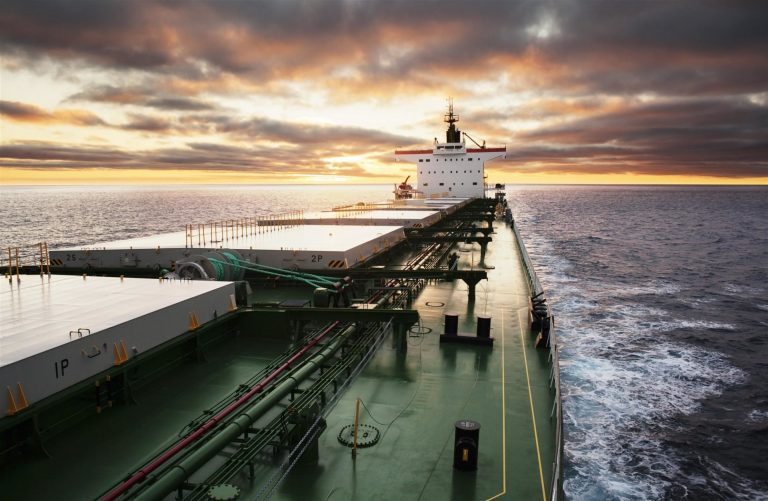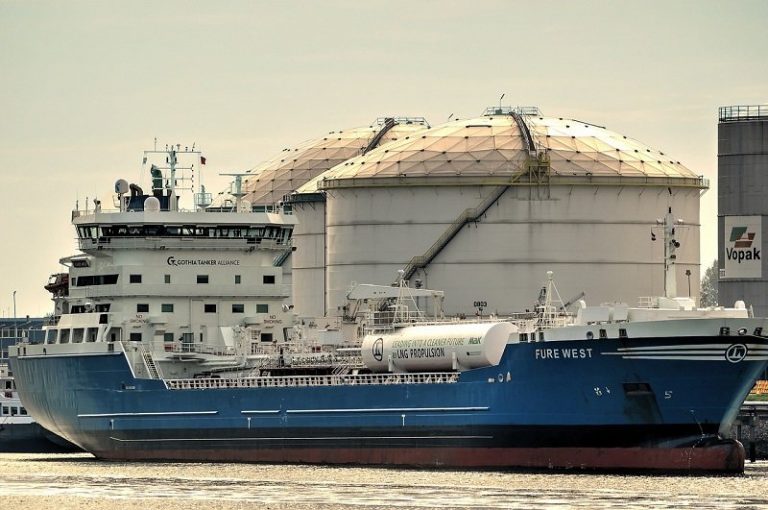The Death on the High Seas Act (DOHSA) was passed by Congress back in 1920. It allows for the surviving family members of a seaman to recover compensation for wages that were earned leading up to death, as well as future potential earnings. In order to file a suit under the DOHSA, there are specific criteria that must be met, as follows:
- The seaman must have been working on a vessel that was three or more nautical miles from shore and considered on the high seas.
- The employer must have demonstrated negligence or the vessel deemed unseaworthy.
- The surviving family must file their suit within three years of the date of death of their loved one.
- The suit can only be filed by a surviving spouse, parent, child, or another financially dependent relative.
Causes of Wrongful Death the DOHSA Allows
Some of the more common causes of wrongful death on the high seas for which one can file suit under the DOHSA could include, but may not be limited to:

- Fire
- Explosions
- Faulty Equipment
- Capsized Vessel
- Lack Of or Nonfunctioning Emergency Equipment
- Improper Training
- Tow-line and Winch Accidents
- Improper Crane Usage
- Improper Cargo Handling
Are There Limits to What the DOHSA Will Compensate?
The DOHSA does not currently allow for additional compensation for pain, suffering, and grief caused by the loss of a loved one. That being said, this does not preclude other remedies under other maritime laws.
Due to the limitation to just current and future earnings, there are proposals in the house and senate to update the DOHSA to allow for additional compensation. Time will only tell as to whether these bills will pass and eventually allow for updates to the DOHSA.
If you lost a loved one on the high seas and believe their death was caused due to their employer’s negligence or an unseaworthy vessel, it is in your best interests to speak to a DOHSA lawyer at Maintenance and Cure, part of Schechter, Shaffer & Harris, L.L.P. Please feel free to call our law firm now at 1-800-836-5830 for a free consultation.







